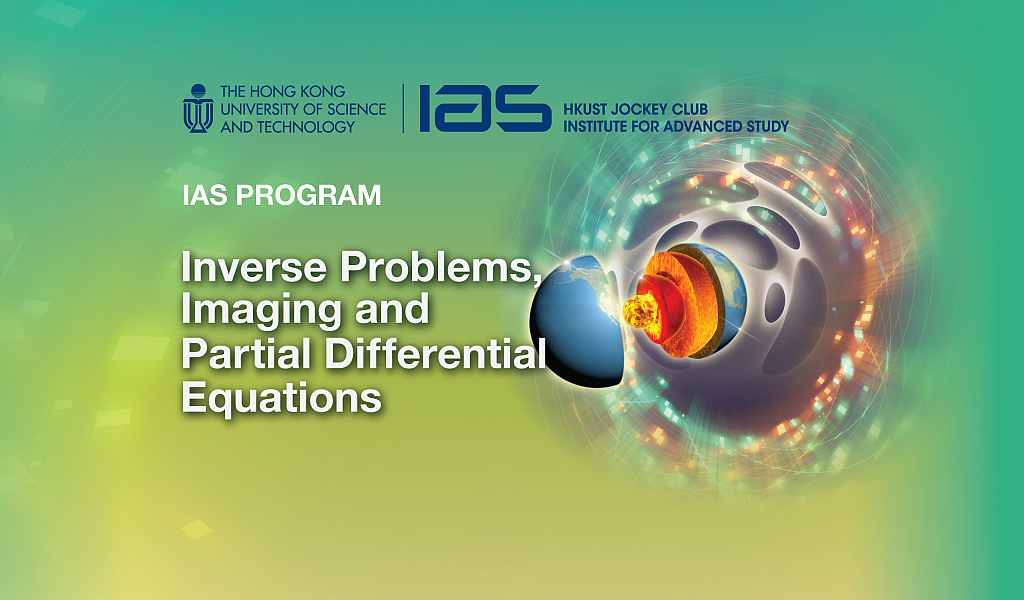Edge-Preserving Regularizations for Tomography Reconstruction in Mesh Domain
Abstract
The purpose of the titled study was to implement the continuous edge-preserving regularization rooted from traditional discrete Total Variation (TV) regularization for iterative tomography reconstruction in mesh domain to suppress image noise accumulation with increasing iteration number and thus to stabilize the reconstruction while preserving edges in the reconstructed images.
In order to accomplish these aims the speaker and his group used reconstruction algorithms in mesh domains that employed TV priors applied in a continuous form. They established a continuous-to-discrete integral equation model for tomography projections and used it to derive edge-preserving regularization algorithm in mesh domain. A computationally efficient approach for the proposed continuous regularizations was derived for piecewise linear basis functions.
About the speaker
Prof. Lu Yao obtained his BS from the University of Science and Technology of China in 2000 and his PhD from Syracuse University in 2009, both in Mathematics. He is currently a Full Professor at School of Data Science and Computer Science at Sun Yat-sen University in China. Prior to his current employment, he was a Research Investigator at the Department of Radiology in the University of Michigan.
Prof. Lu’s research interests are in medical imaging, image processing, medical image analysis, and ill-posed problems. His research has been supported by Susan Komen Foundation, the National Science Foundation of China, the Chinese Ministry of Education, and the Guangdong Science and Technology Department. He was elected in the Thousand Talents Program (Young Professionals) by the Organization Department of the Communist Party of China in 2013. He is also the Deputy Director of Guangdong Province Key Laboratory of Computational Science and the Secretary General of Guangdong Province Computational Mathematics Society.
About the program
For more information, please refer to the program website http://iasprogram.ust.hk/inverseproblems for details.



